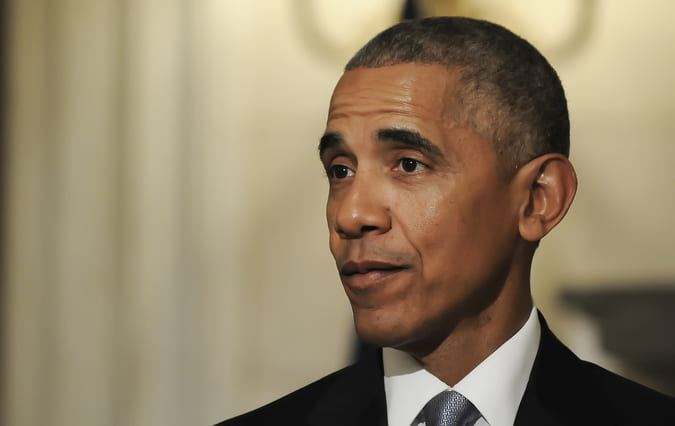Navigating the world of politics often feels like wading through a murky swamp of half-truths and outright fabrications. Presidents, as the face of the nation, are under immense pressure, and sometimes, they falter under this weight, leading them to stretch the truth or even tell outright lies. Let’s take a stroll down memory lane and revisit some of the most notable untruths told by U.S. presidents.
Table of Contents
George Washington: “I Cannot Tell a Lie”
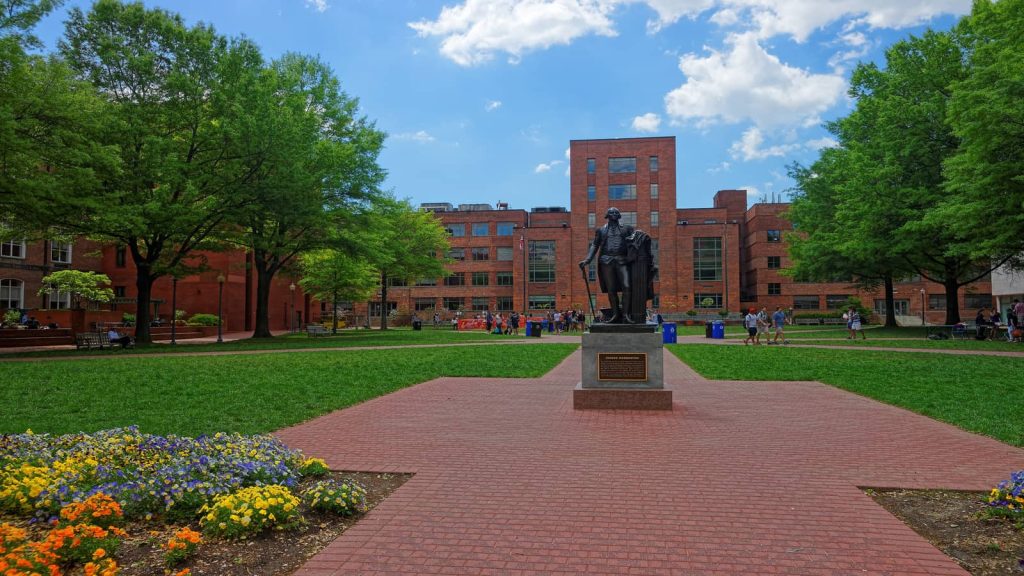
Ironically, the tale of young George Washington chopping down a cherry tree and his subsequent confession is, in itself, likely a fabrication. While it’s a story many American children grow up with, there’s no concrete evidence to support its authenticity. It’s an early lesson that even the most virtuous leaders are surrounded by myths.
Richard Nixon: “I Am Not a Crook”
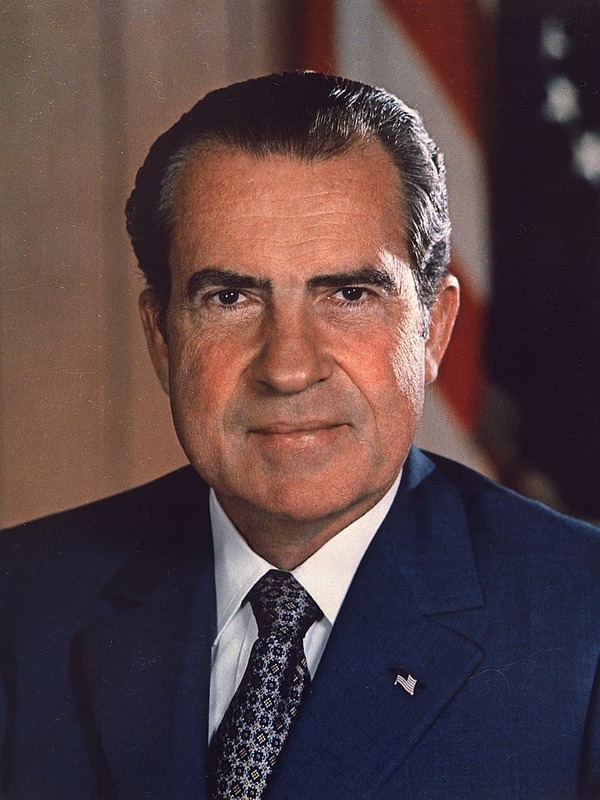
In the throes of the Watergate scandal, President Nixon famously declared, “I am not a crook.” History, however, had other plans. The subsequent investigations revealed a web of deceit, leading to his resignation.
Bill Clinton: “I Did Not Have Relations with That Woman”
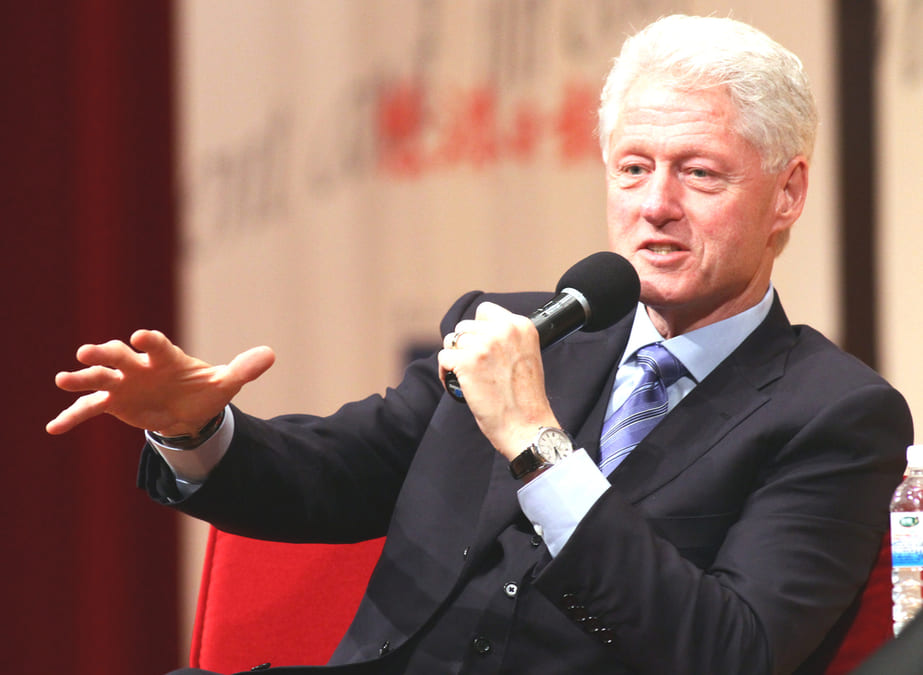
The Monica Lewinsky scandal rocked the Clinton presidency. Despite his initial denial, evidence came to light, and Clinton later admitted to having an inappropriate relationship with Lewinsky.
George W. Bush: “Iraq Has Weapons of Mass Destruction”
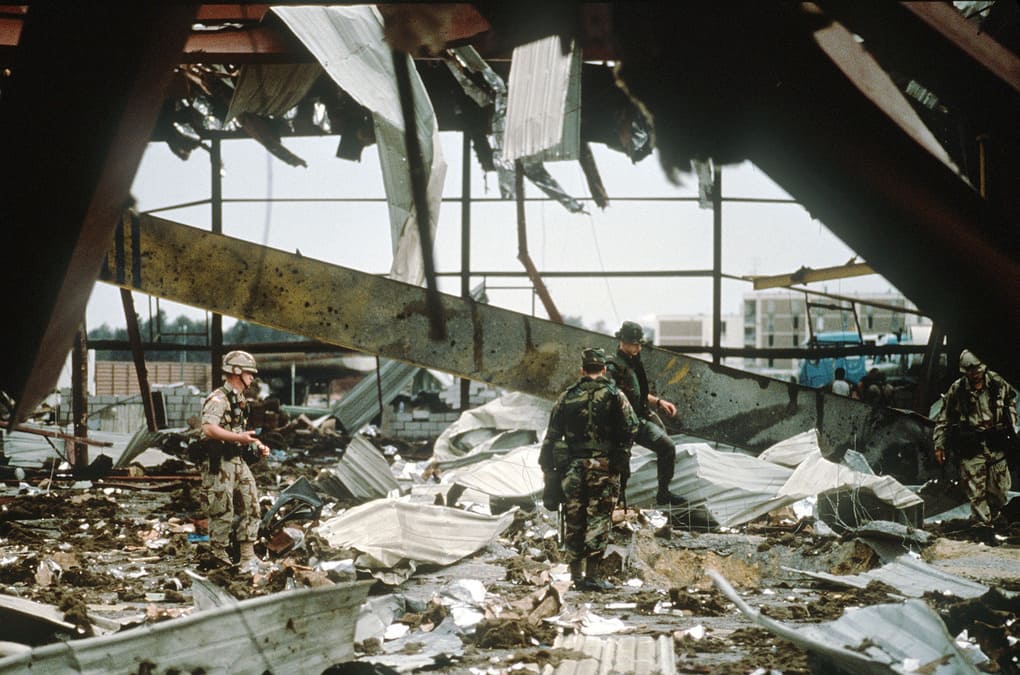
The assertion that Iraq possessed weapons of mass destruction was a primary justification for the 2003 invasion. However, subsequent investigations found no such weapons, leading to widespread criticism and debate about the true motives for the war.
Barack Obama: “If You Like Your Health Care Plan, You Can Keep It”
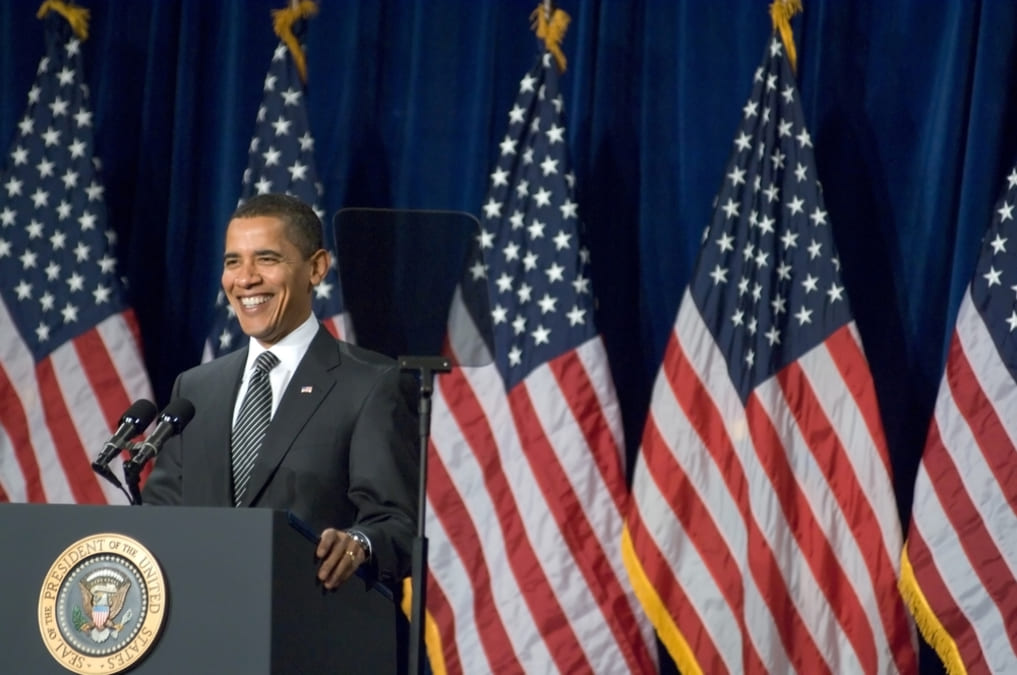
While introducing the Affordable Care Act, President Obama assured Americans that those satisfied with their current health care plans could retain them. However, the rollout saw many plans deemed non-compliant, leading to cancellations.
The Illusion of Transparency
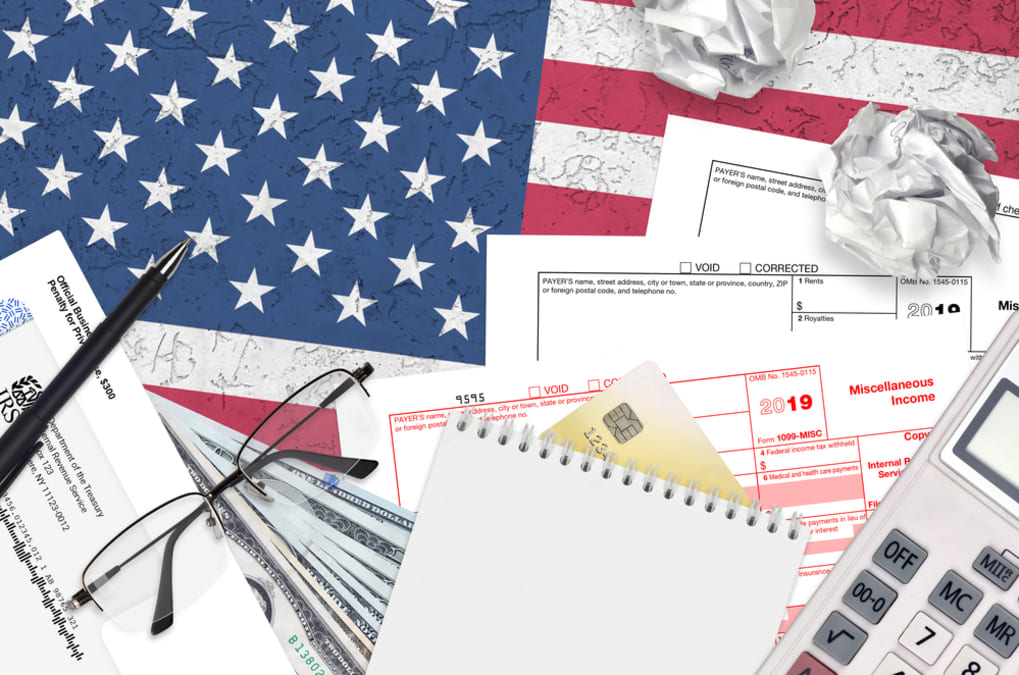
Why do presidents, with all their advisors and the vast intelligence at their disposal, end up in these situations? Is it the pressure, the politics, or simply human nature? It’s a blend of all, perhaps. The presidency is a complex role, with every statement scrutinized and every action watched.
The Weight of the Office
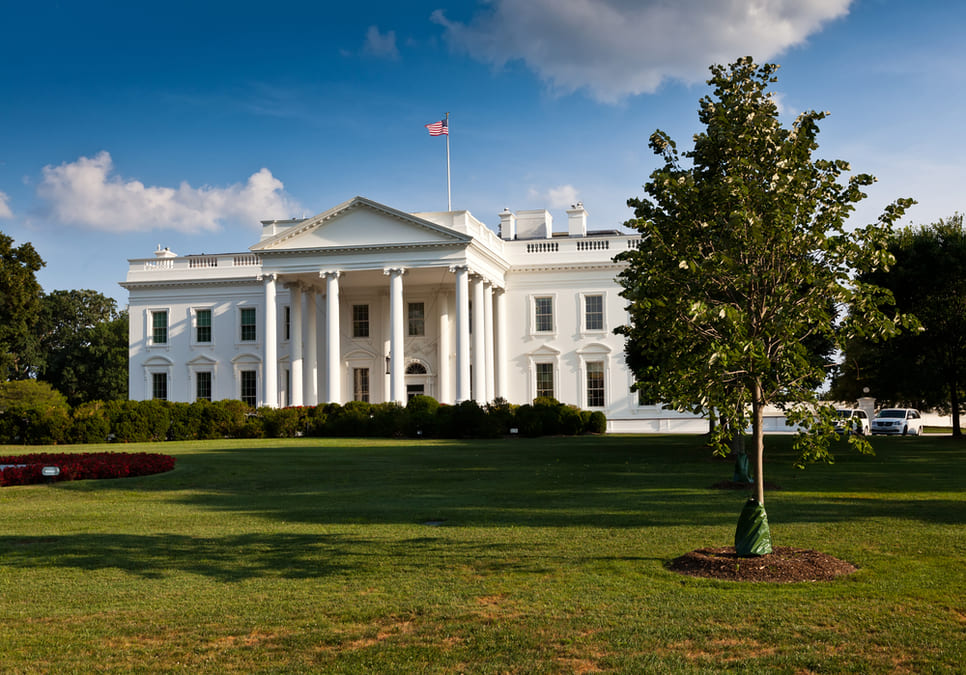
Being the leader of the free world is no small task. The decisions, the policies, and yes, even the lies, shape the course of the nation. It’s a role that demands integrity, but history shows that even the most powerful can falter.
A Nation’s Trust

Trust is the bedrock of democracy. When leaders deceive, it erodes the public’s faith. Yet, America has shown resilience, learning from past mistakes and holding its leaders accountable.
Lyndon B. Johnson: The Gulf of Tonkin Incident

In 1964, President Lyndon B. Johnson announced that North Vietnamese naval forces had twice attacked American destroyers in the Gulf of Tonkin. This incident led to the U.S. Congress passing the Gulf of Tonkin Resolution, which granted Johnson the authority to assist any Southeast Asian country whose government was considered to be jeopardized by “communist aggression.” However, it was later revealed that the second attack might not have occurred, and many believe the incident was exaggerated to justify increased U.S. involvement in Vietnam.
Ronald Reagan: The Iran-Contra Affair
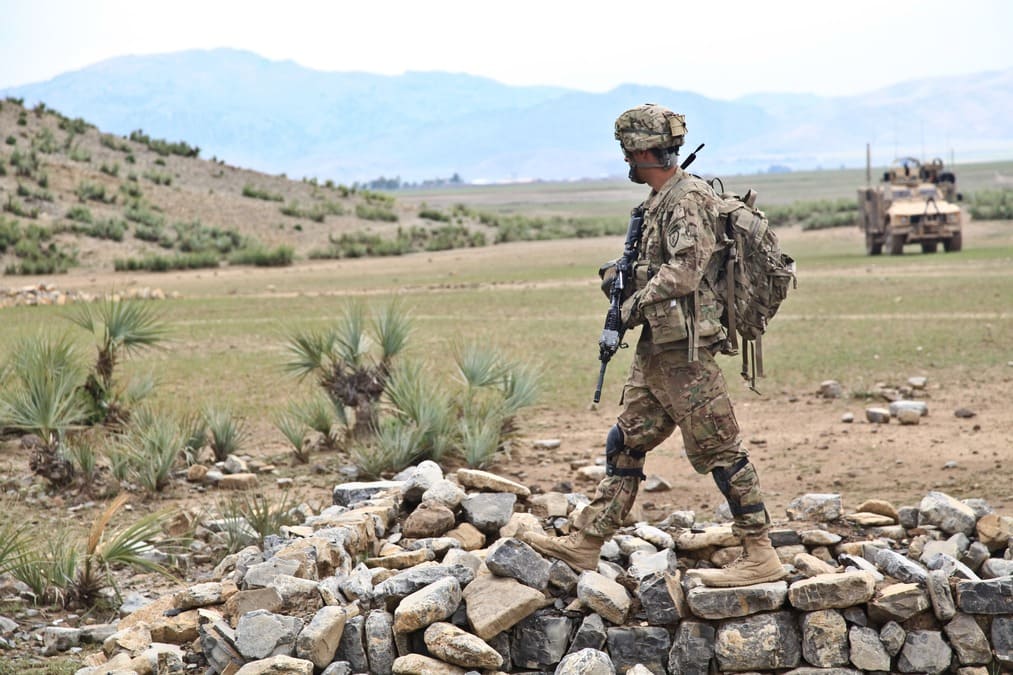
During the Reagan administration, a significant political scandal came to light. It was discovered that senior officials secretly facilitated the sale of arms to Iran, which was then under an arms embargo. The administration hoped to use the proceeds to fund the Contras in Nicaragua. When questioned, Reagan initially denied any involvement or knowledge but later admitted to the arms sales, stating he wasn’t aware of the extent of the operation. The scandal raised questions about presidential authority and transparency.
The presidency, with its immense power and responsibility, is a position that’s often at the intersection of morality, strategy, and the greater good. These instances remind us of the importance of transparency, accountability, and the checks and balances that underpin the American democratic system.

